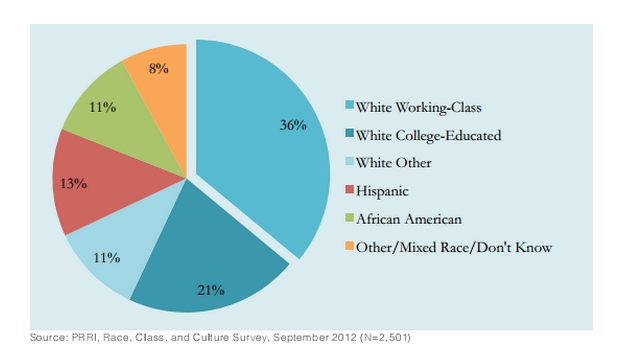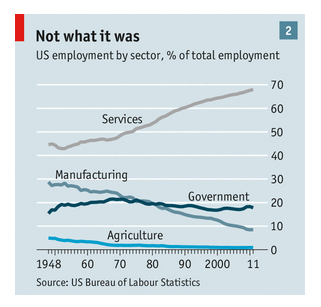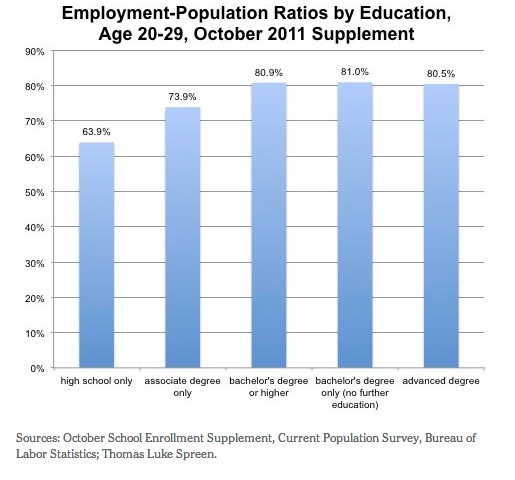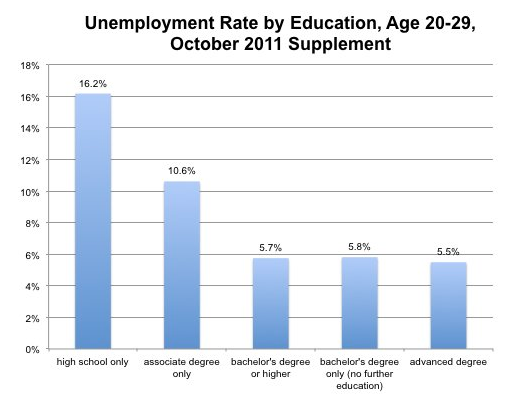It’s late 1938 and an Austrian physicist is on a walk with her nephew in the Swedish countryside. The physicist’s name is Lise Meitner. She’s a Jewish refugee who fled from Berlin that summer with ten marks in her purse. Meitner is corresponding with a team of chemists in Germany. The chemists bombarded uranium nuclei with neutrons, and the final product, inexplicably, is contaminated with barium. Where is the barium coming from?
Meitner suddenly realizes what has happened, and draws a picture for her nephew of the uranium nuclei breaking into two equal-sized pieces, resulting in barium. Lise Meitner goes on to write an article, published in the magazine Nature in January, 1939. In the paper she coins the term ‘fission’, and provides two different calculations of the energy release from the new process. The number is colossally large, and it is immediately understood that there are serious military implications.
Concerned scientists get in touch with another Jewish refugee, this one in the US – Albert Einstein, and Einstein writes to President Roosevelt. As the direct result of Einstein’s letter the Manhattan Project is established, and the US successfully carries out one nuclear test, followed by two explosions in Japan. WW2 ends, fascism is defeated, freedom lives to breathe another day.
That’s one example of the contributions Jews have made to the world. The Jewish record of achievement can’t be ignored. As David Brooks wrote in his New York Times column:
They make up 0.2 percent of the world population, but 54 percent of the world chess champions, 27 percent of the Nobel physics laureates and 31 percent of the medicine laureates.
Jews make up 2 percent of the U.S. population, but 21 percent of the Ivy League student bodies, 26 percent of the Kennedy Center honorees, 37 percent of the Academy Award-winning directors, 38 percent of those on a recent Business Week list of leading philanthropists, 51 percent of the Pulitzer Prize winners for nonfiction.
What explains this genius and unique productivity? Their simultaneous faith in progress and personal accountability creates a tension that keeps them looking forward, while allowing little rest. Jews are driven but optimistic all at once.
Consider the top five most influential people in world history, is this a good list? Moses, Jesus, Marx, Freud, & Einstein: they’re all Jewish.
I bring this up now because of last week’s events in Paris. (I planned a post about the origins of Islam, but my family asked me to be discreet. So, rather than taking a shot at Islamic pretensions, I’m giving a boost to the Jews.)
A satiric magazine was attacked, but also a Jewish grocery. The cartoonists did something specific to cause anger. The Jews were just Jews, and this seems to be happening more often in Europe these days. The trend is summarized in these two articles, one from Associated Press and the other from the New York Times:
Europe’s Anti-Semitism Comes Out of the Shadows
Kosher market attack deepens fears among European Jews
Bottom line
I don’t understand what the world has against Jews. At the very least they deserve the same support and respect as anyone else. This Presbyterian says that given their record of creativity and innovation, the world can use a lot more Jews.



